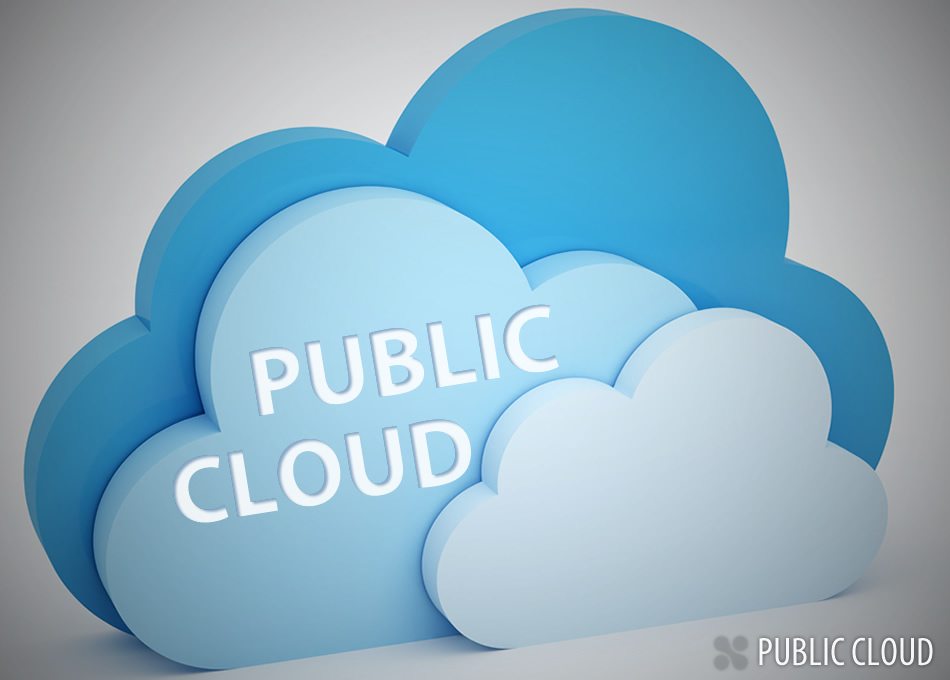Cloud Computing: Public Cloud
Type of Cloud computing: Public Cloud
As you can see the accent is on where the data (VPS, Infrastructure, Platform or Service) is stored. In case of a public cloud the resources are stored on the service provider’s servers and storage. The customers will be able to use and reach them through the Internet. The services provided are offered to multiple clients who all share the same hardware. Some of the most common real world examples of public cloud services include services like cloud based server hosting, storage services, webmail and online office applications.
One of the main benefits that comes with using public cloud services is near unlimited scalability. The resources are offered ‘on demand’ so any changes in activity level can be handled very easily.


